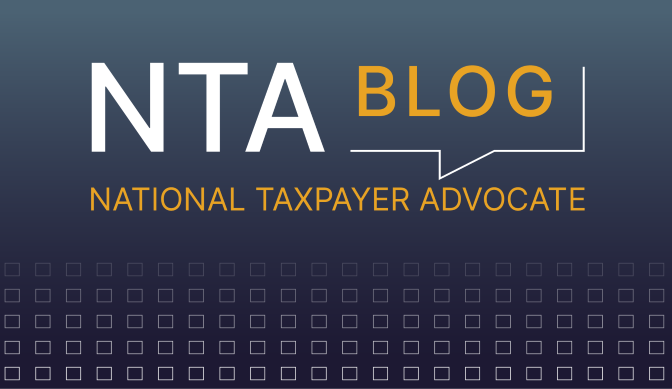The gig economy has been a hot topic in recent years, with the UK Supreme Court’s recent ruling on Deliveroo drivers adding fuel to the fire. The ruling stated that Deliveroo drivers are not considered workers but self-employed independent contractors. This decision has significant implications for gig economy workers, as it means they are less likely to have access to standard UK protections such as paid leave, rest breaks, and the right to join a union. While some companies are negotiating private benefits like sick pay with gig workers, this risks fragmenting universal provision of social and employment protections.
The ruling came after an appeal by the Independent Workers’ of Great Britain (IWGB) to the government’s Central Arbitration Committee decision that Deliveroo did not have to recognize the IWGB as a representative for Deliveroo workers. The Supreme Court’s judgment cited the ability of Deliveroo workers to use substitutes to carry out their tasks and the fact that they can reject jobs and work for competitors as reasons for its decision that they are self-employed. This decision pits increased flexibility against core employment rights and will likely shape outcomes in similar cases for years to come.
At the heart of these legal proceedings is the union’s fight to gain “Limb (b) (worker) status” for Deliveroo drivers. This status, created by the Employment Rights Act 1996 and the Trade Union and Labour Relations (Consolidation) Act 1992, aims to provide gig workers with core social and employment protections. While gig workers have looser and more flexible relationships with employers, they still do not fit the traditional definition of “self-employment.”
In a similar case in 2021, the Supreme Court ruled that Uber drivers were workers rather than self-employed contractors. This decision was based on the conduct of Uber, which resembled that of an employer in terms of setting wage rates, limiting contact between drivers and passengers, and allocating jobs and routes. Despite these legal victories, many gig workers still want core social and employment protections embedded in law.
The recent ruling and Deliveroo’s response highlight a growing trend in the gig economy for platforms to offer a “pick-and-choose” approach to social and employment protections. These protections are often not backed by employment law but are instead contractual agreements among business enterprises. This trend could erode the universal coverage model in the UK, leading to inconsistent levels of worker protections for gig economy workers.
Couriers have also fought for employment protections under UK law, with some platforms offering privatised social and employment protections to retain workers and avoid legal action. However, gig workers continue to bear the costs of their employment status in other ways, such as remaining liable for rising fuel and equipment costs. Some drivers have expressed dissatisfaction with the level of support provided by platforms.
As the gig economy continues to grow, privatised social and employment protection provision could become more prevalent. The UK’s universal coverage model may be at risk of erosion as intermediary employment statuses with varying levels of worker protections become more common. With delays in proposed employment bills and wavering commitments to reform the employment law system, the protections that workers once took for granted are under threat.
In conclusion, the gig economy and the legal battles surrounding worker status are complex issues that have far-reaching implications for workers’ rights and protections. As the landscape of employment law continues to evolve, it is essential for policymakers, businesses, and workers to engage in meaningful dialogue to ensure fair and equitable treatment for all workers, regardless of their employment status.



















